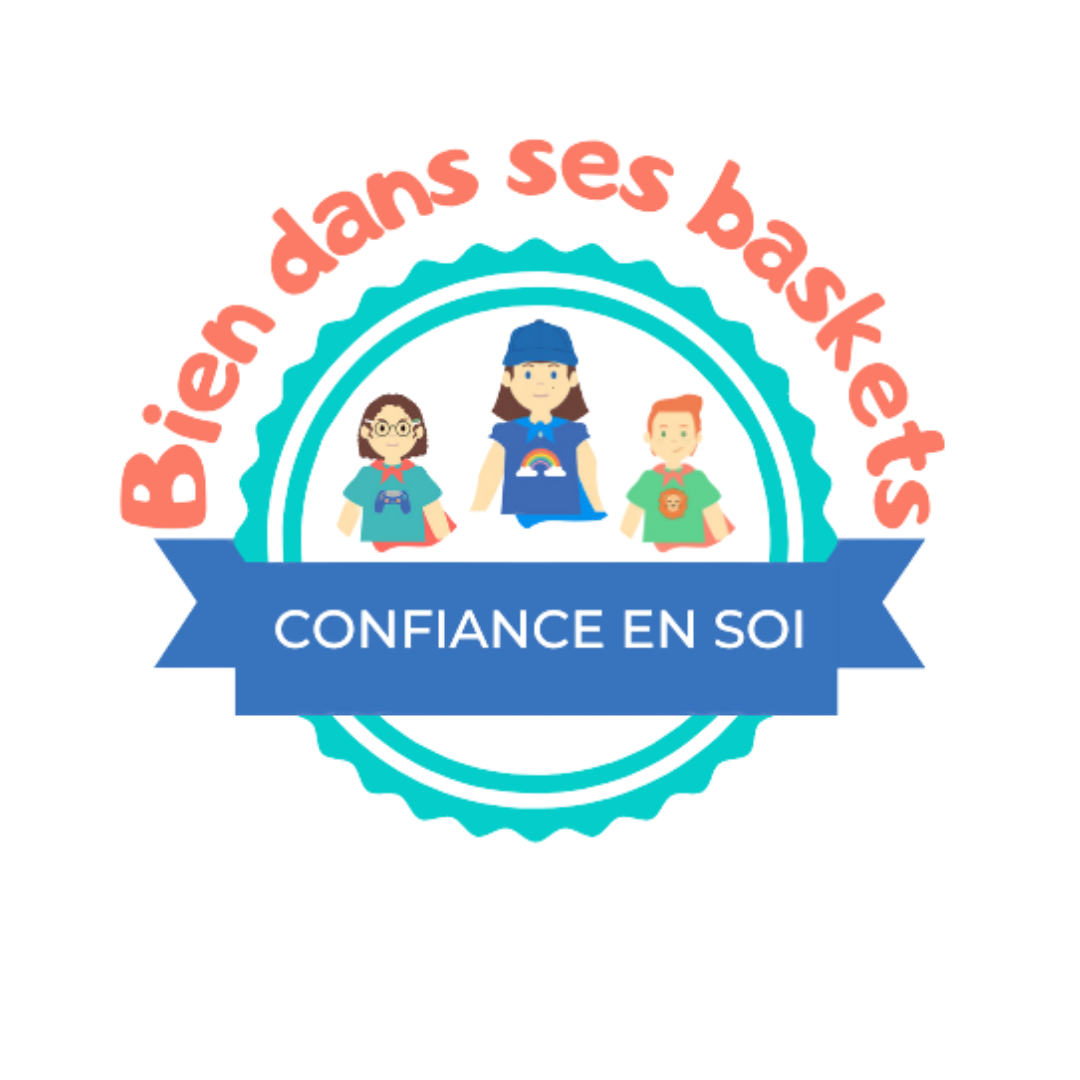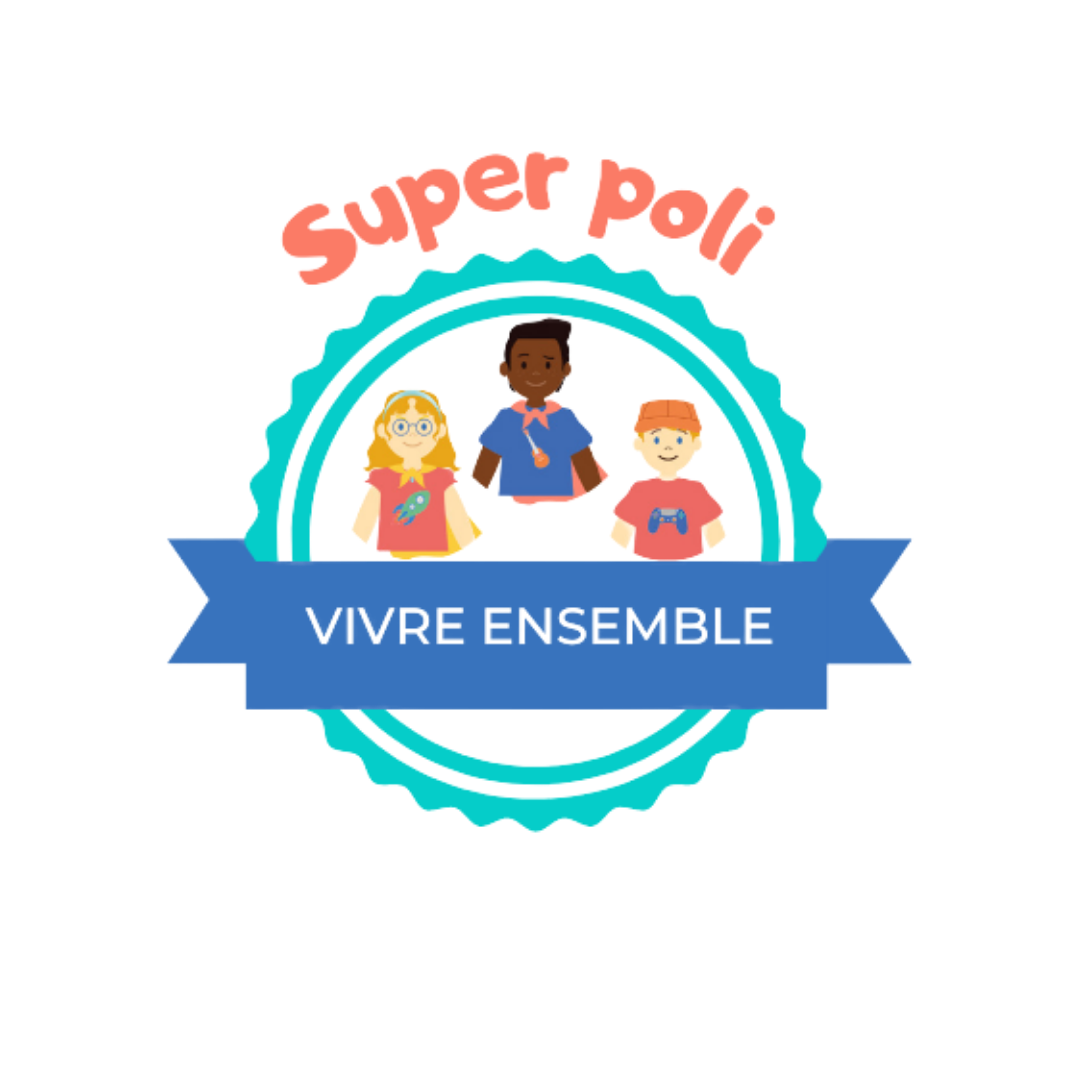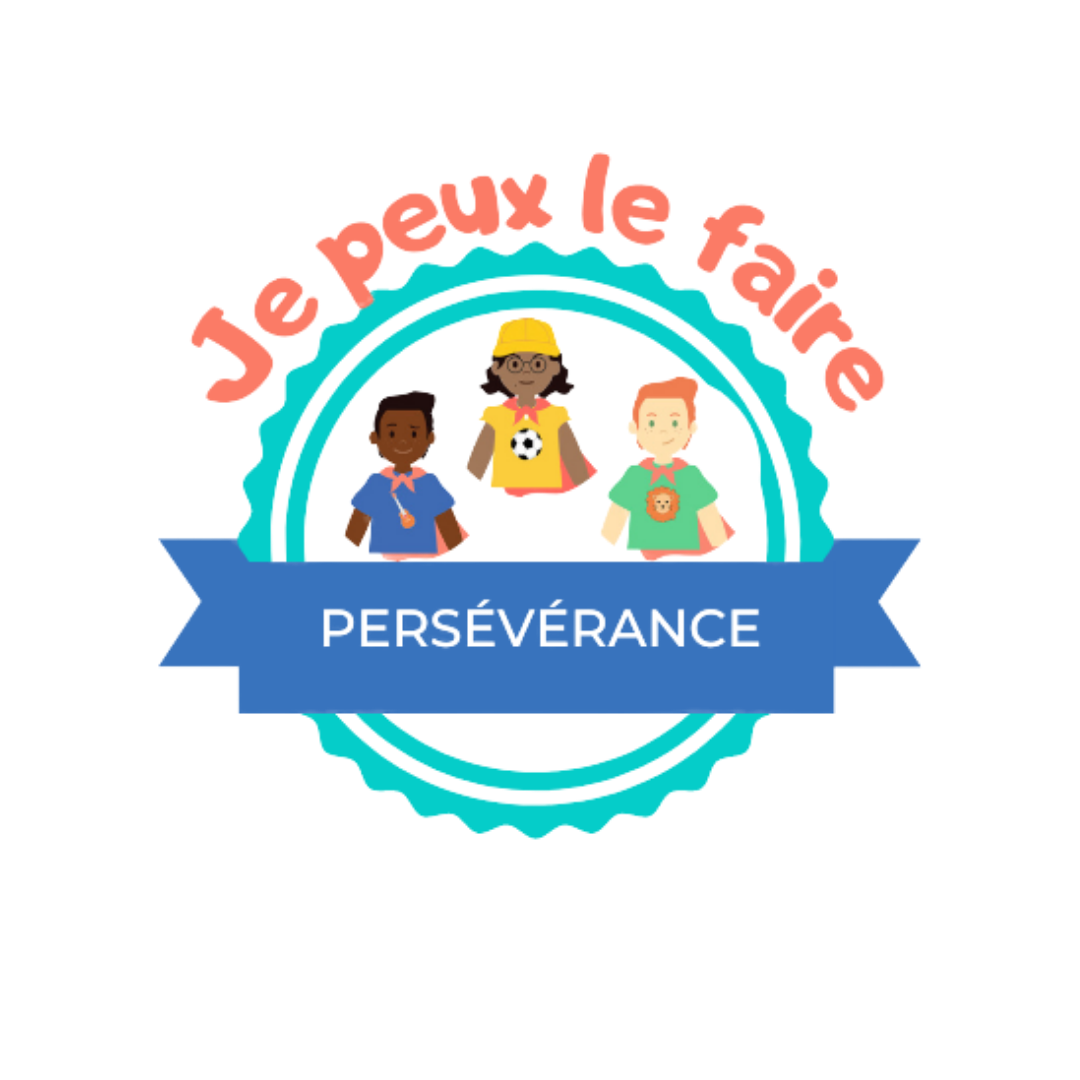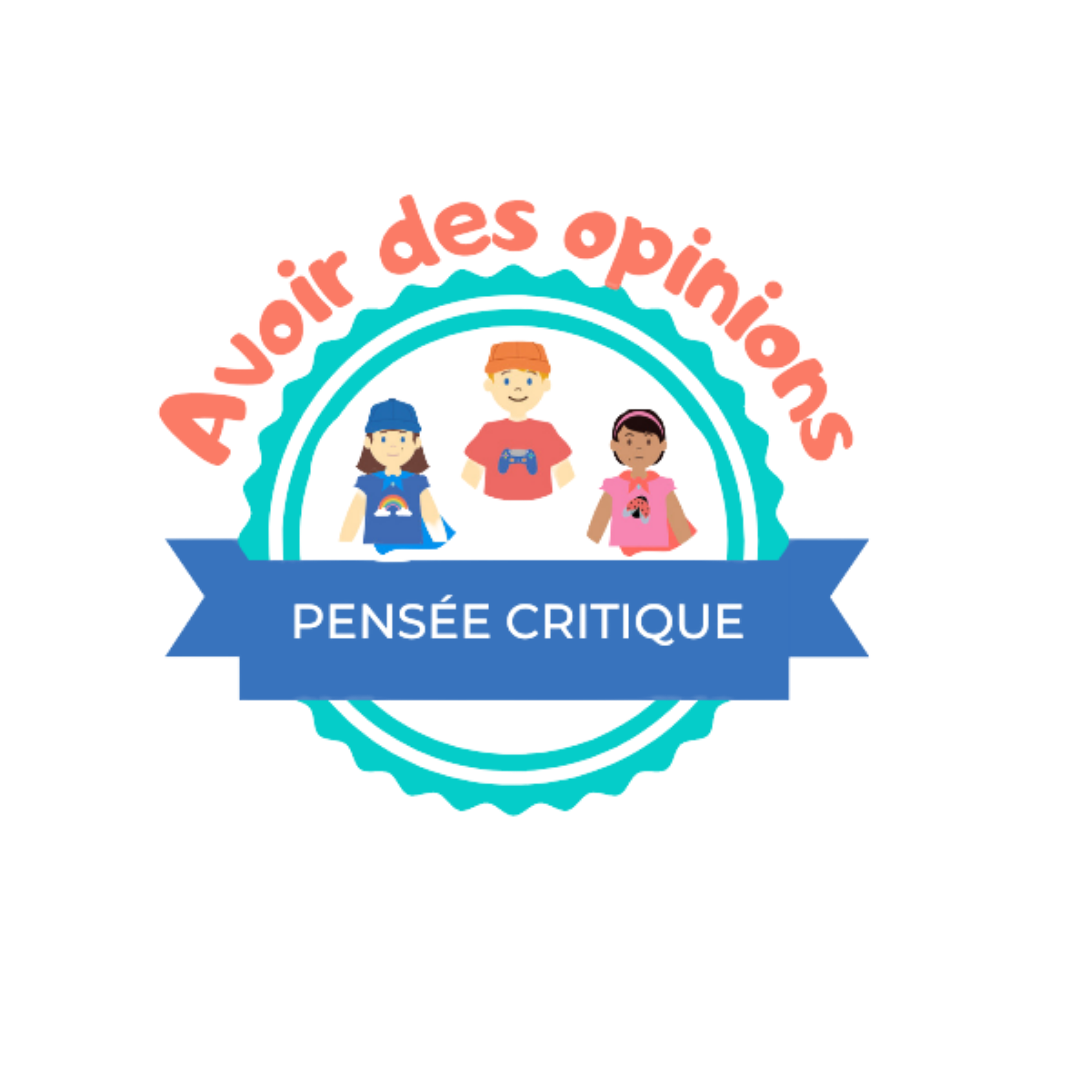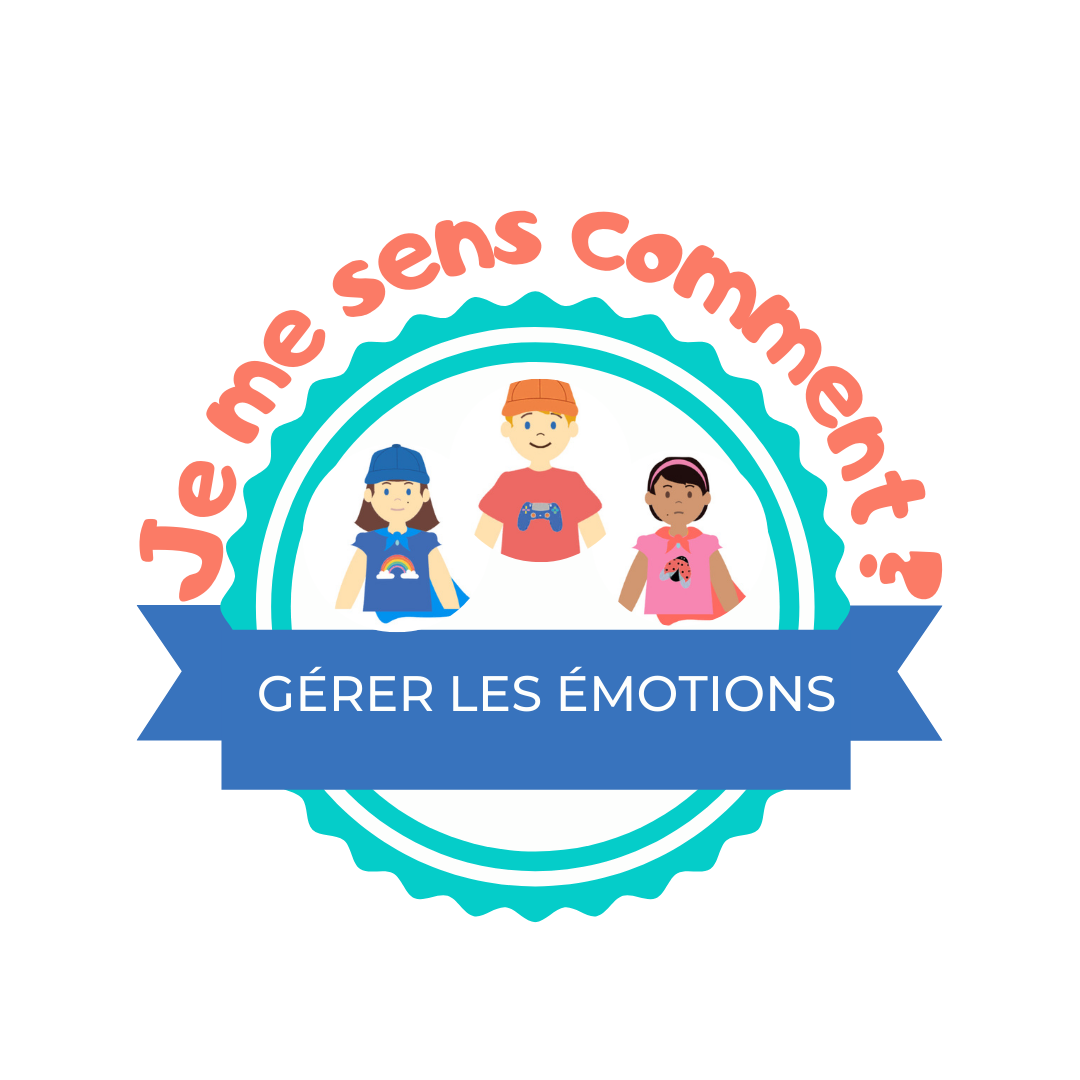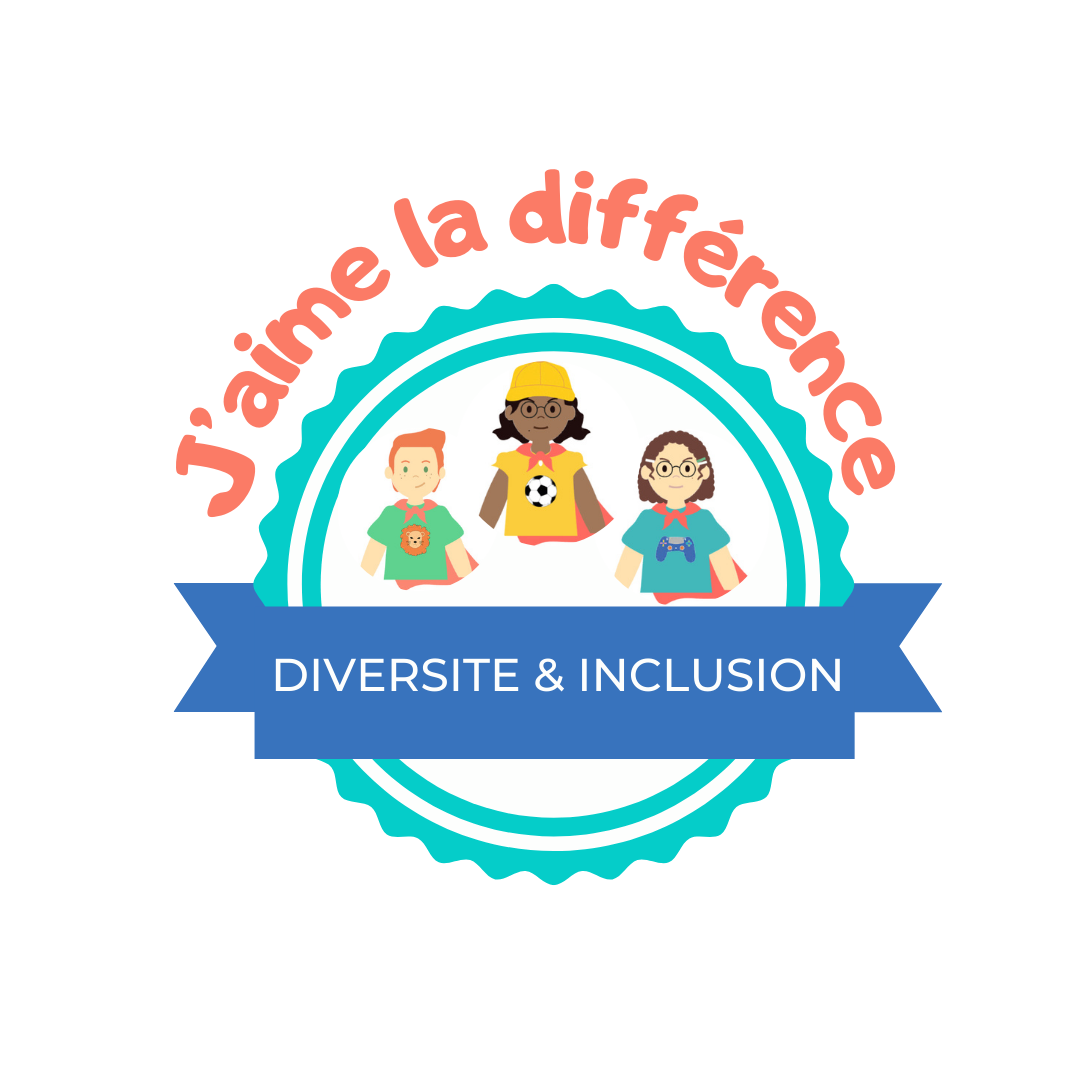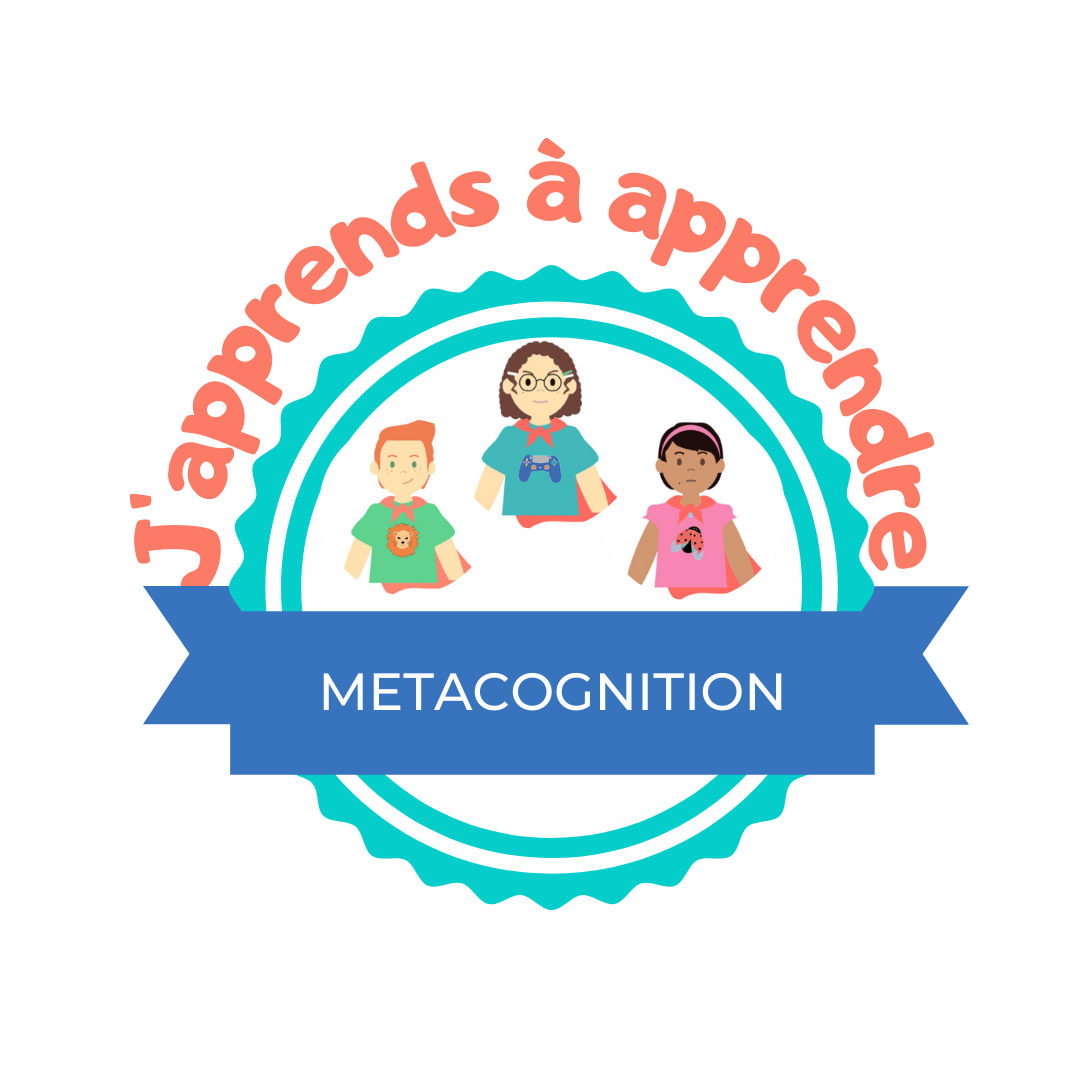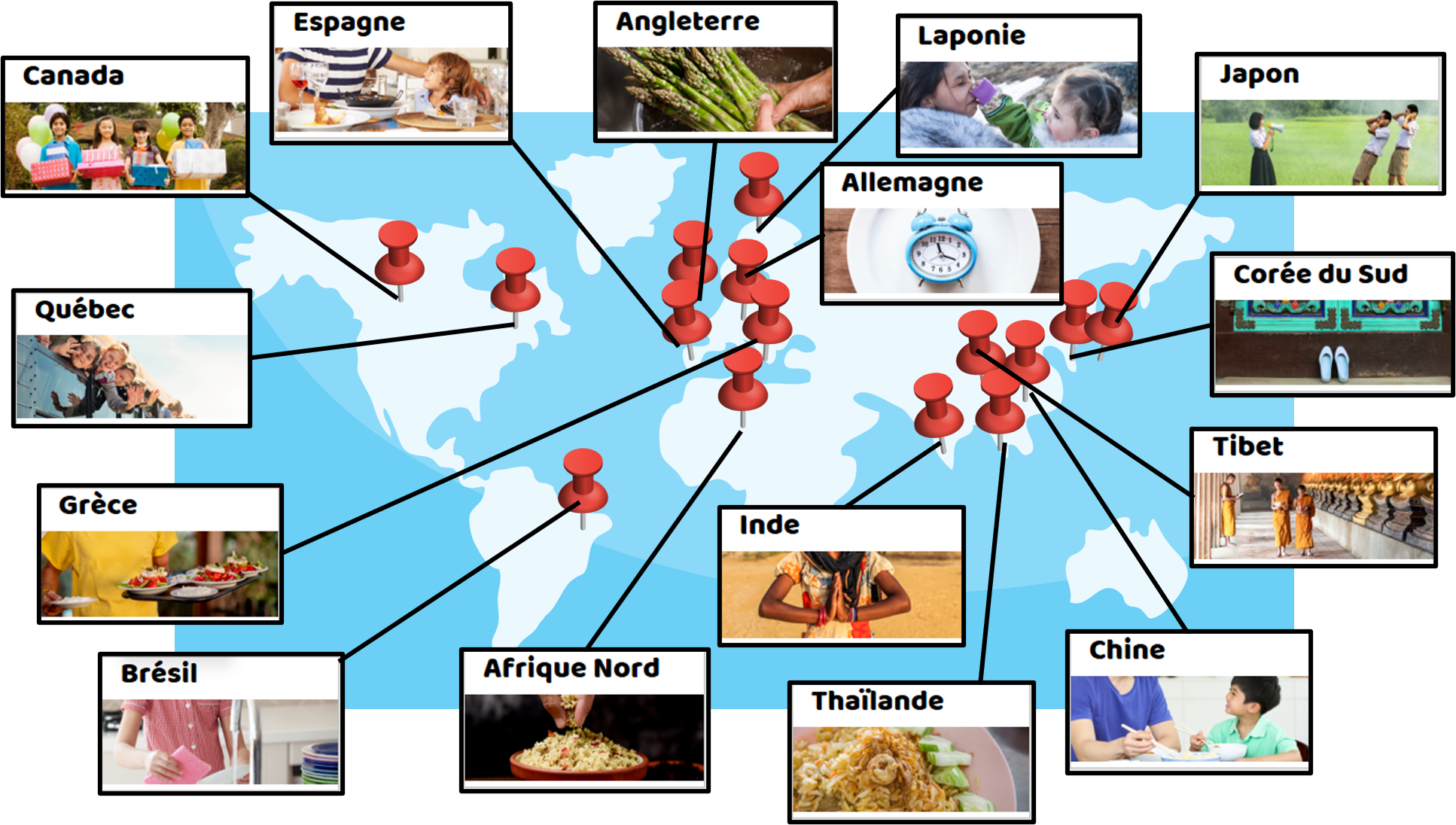LIVING TOGETHER PROGRAM
Learning that is too often implicit
Learning to live together and to be polite is most often achieved through observation and imitation. Making this learning explicit lays a solid foundation for socialization and begins to open up to the point of view of others, which is vital for a good classroom climate and conflict prevention/resolution.
What do the national education programs say?
The notion of respect is central to the programs. In fact, the word "respect" appears more than 60 times!
"Respecting others" has even been added to the original 3 fundamental skills of "reading, writing and arithmetic".
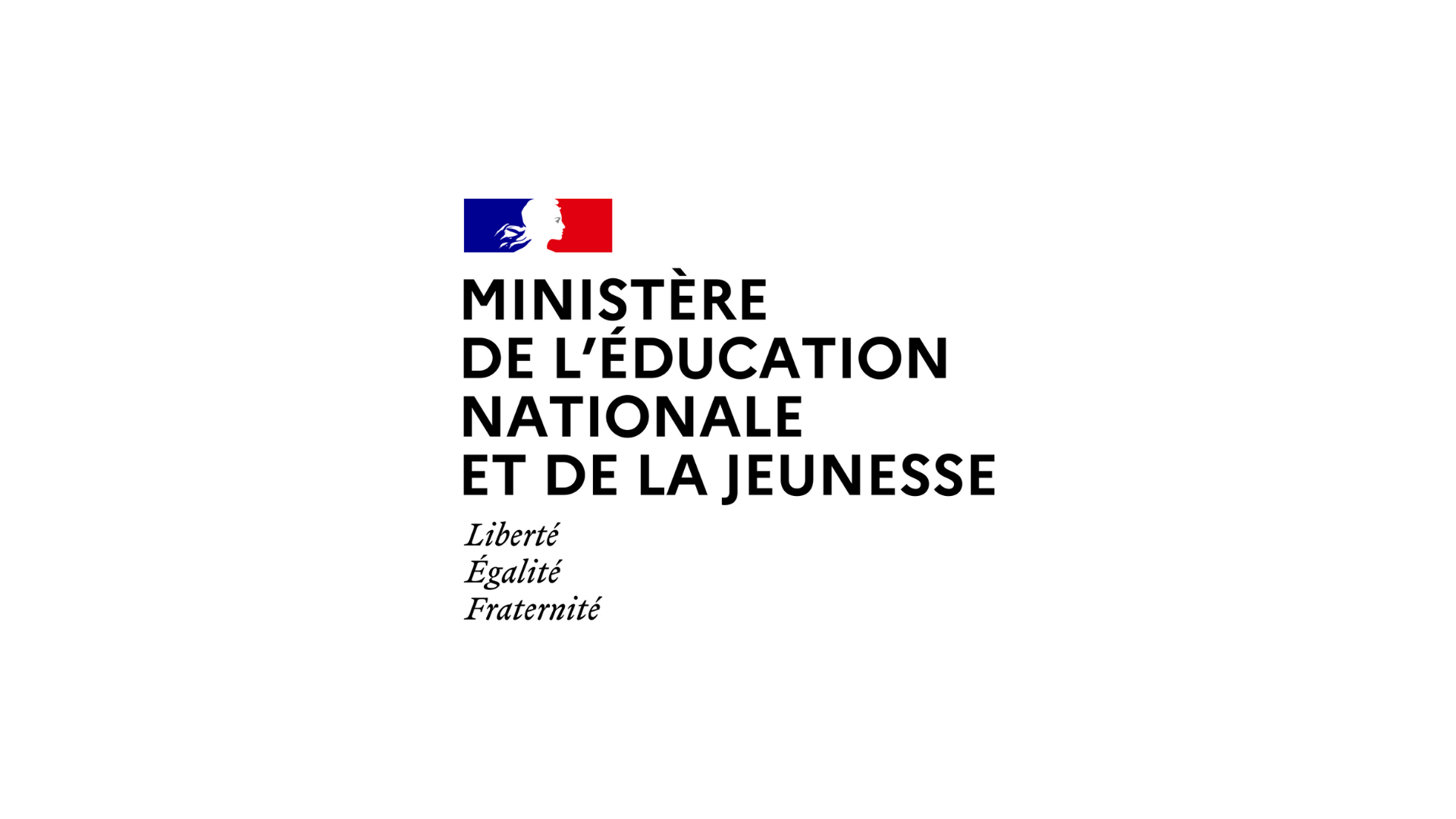
OUR program objectives
"living together
- Understand that politeness is relative to each person's culture and sensitivity
- Use polite language adapted to your interlocutor
- Promoting social cohesion through respectful behavior and consideration for others
- Be aware of the impact of rude words
The program in detail
Session 1 : Students discover that the rules for living together are not the same everywhere, through a game of "Drag & Drop". They then learn a few polite expressions used in five different countries.
Session 2:Students take stock of their everyday use of politeness. They then learn how to adapt their language to the person they're talking to: the use of "tutoiement" and "vouvoiement" and the language levels "familier/courant/soutenu".
Session 3: The aim of this session is to understand that politeness is not just a question of language, but also of behavior and attention to others. A maze game and a quiz review some basic rules of etiquette in a maze game, a quiz and a matching game. Then, the mentalist's game encourages you to take a step back to understand the foundations of these rules.
Session 4: The class looks at swear words and their impact, and comes up with alternative words.
Session 5: Finally, we take stock of what they've learned about living together, and everyone completes a gap-fill text.
Our edutainment approach
Our approach combines independent games on tablet/computer and classroom activities.
But why use digital technology to work on CPS?
A variety of games enable students to reflect on themselves and discover best practices in concrete, everyday situations.
Ergonomics and easy-to-understand instructions encourage intuitive use by students: sorting games, drag & drop, MCQs, mazes, sophrology, etc.
Then a class activity is proposed. This could be, for example :
> a collective exchange or debate to develop opinions
> a role-playing game to put what you've learned into practice
> a small-group activity to consolidate what you've learned and learn to collaborate
> an artistic activity to develop creativity
> a task to formalize what you've learned, such as application exercises or the creation of a written record.
A turnkey tool
In your teacher interface, you will have access to all the resources you need to implement the session:
- student tracking charts,
- step-by-step teaching guides for easy-to-use sessions,
- student materials to be projected or photocopied,
- but also advice on how to use them,
- and a proposed annual progression, as well as references to official programs.
To sum up:
In short, the VIVRE ENSEMBLE program enables our students to understand politeness and why it is necessary for a good classroom climate. They will discover the diversity of politeness rules around the world, and develop their open-mindedness and attentiveness to others.
Politeness in the world





